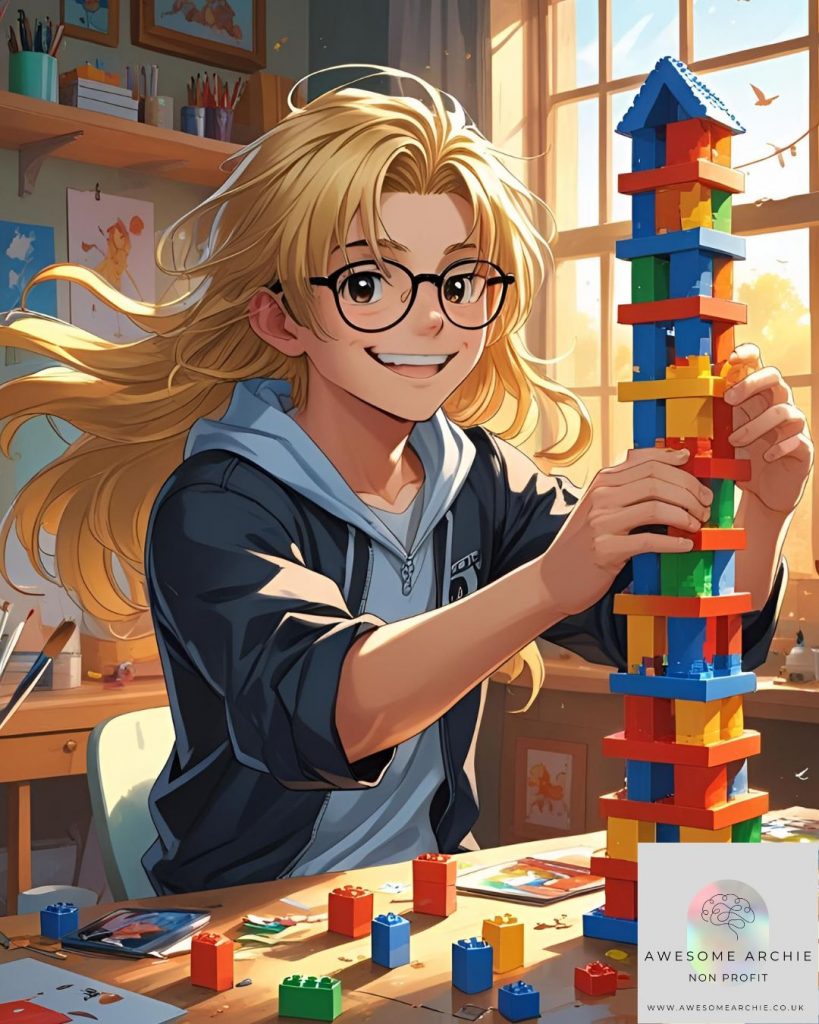
If you’re parenting a neurodivergent child — perhaps autistic, ADHD, or both — you’ve most likely noticed something beautiful and maybe a bit puzzling:
“They get really, really into things, like they are obsessed” Is a quote from MANY of our parents!
We’re talking obsessed-level focus. Dinosaurs. Minecraft. Trains. Space. Slime. Maps. Washing machines. Ancient Egypt. Pokemon. Spinning things. Insects.One TV show — on repeat for months.
And maybe, at first, you may wonder… or even worry:
- Why are they so stuck on this?
- Is this healthy?
- Should I stop it?
- What if they never move on?
These are completely valid questions — but what if we flipped the script?
What You’re Seeing Isn’t Just “Fixation” — It’s Monotropism and that’s AWESOME!
Monotropism is a theory that helps explain how many neurodivergent minds work. It means the brain tends to focus deeply on one thing at a time, rather than spreading attention across many things at once.
For many autistic and ADHD children, this isn’t just a preference — it’s how their brain is wired. Deep, focused interest in a specific topic helps them to feel safe, energised, and in control of their world. It’s precisely why I do what I do here at Awesome Archie. This is my monotropic interest and it’s heavenly for me!
Why It’s Not Just “Obsessing” — It’s a strength!!!
We often hear words like fixated, stuck, or too much when talking about neurodivergent interests.
But , that intense love for a topic isn’t something to be “cured” or “managed.”
It can be a source of joy, connection, learning — and eventually, even career success.
Some of the world’s most creative, technical, and visionary thinkers have built lives around their so called “obsessions.”
Scientists who were obsessed with bugs as kids. Artists who spent hours hyper-focused on colour mixing. Programmers who memorised code at age 8.

For a neurodivergent child, a special interest can:
- Reduce anxiety in a confusing world
- Provide structure and predictability
- Give a strong sense of identity
- Offer a safe way to engage socially (especially when others share the same interest)
It’s not about avoiding the world — it’s about finding a way into it.
So what can you do as a parent?
Instead of worrying about their deep interest, try:
✅ Joining in — ask them to teach you something
✅ Using it to build skills (writing, reading, drawing, researching)
✅ Finding community — clubs, forums, online groups
✅ Celebrating it — “I love how passionate you are about this!”
And if the interest does shift over time? That’s okay too. The pattern of deep diving into something still stays — and that’s where the magic is.
Your child’s focused passion isn’t something to fix — it’s something to understand, support, and even admire. Monotropism doesn’t limit potential — it fuels it. It can be a treasure!
So next time your child wants to tell you every single fact about the Titanic, or the plot of a show you’ve already heard 100 times, take a breath and smile.
Because this might just be the beginning of something brilliant.
